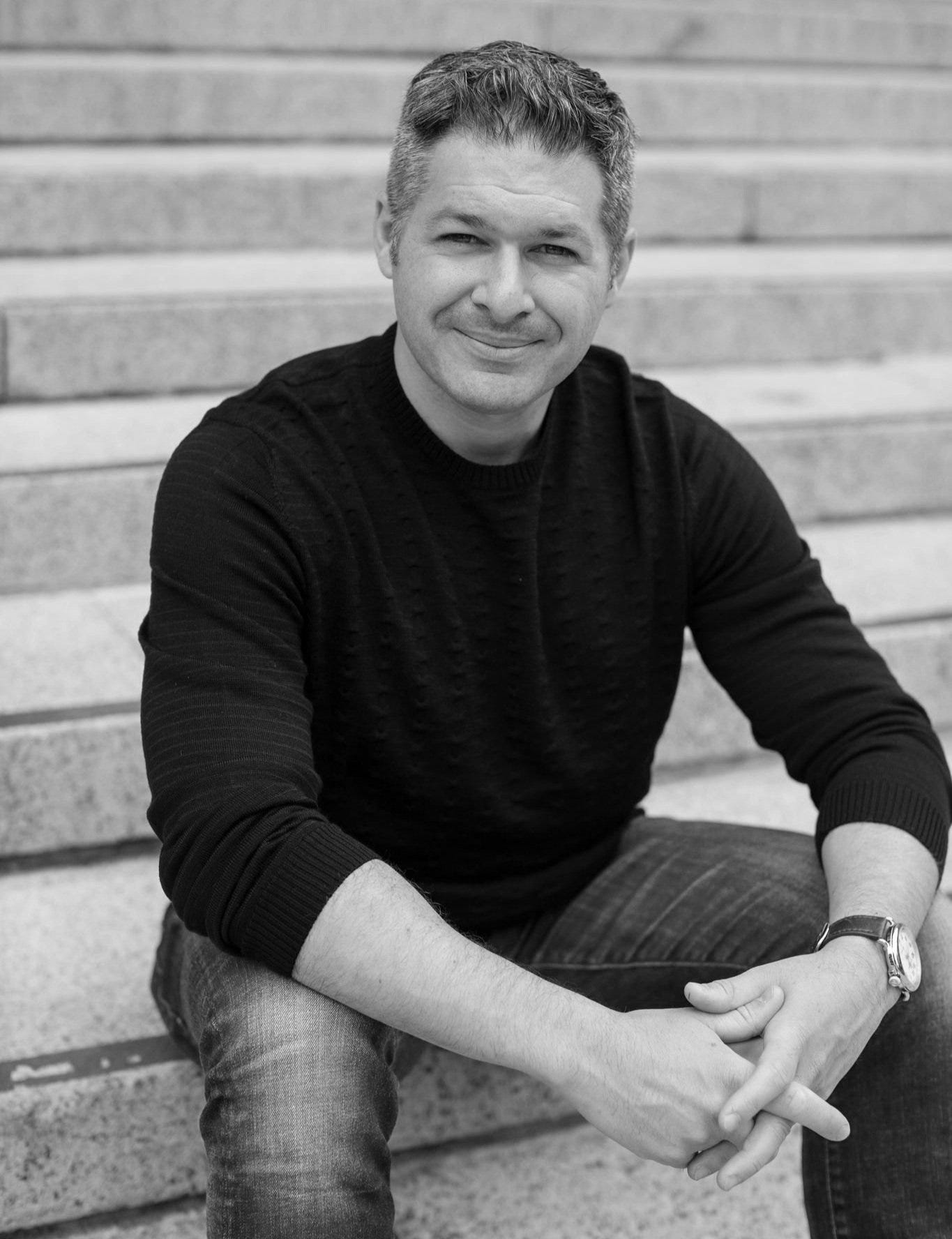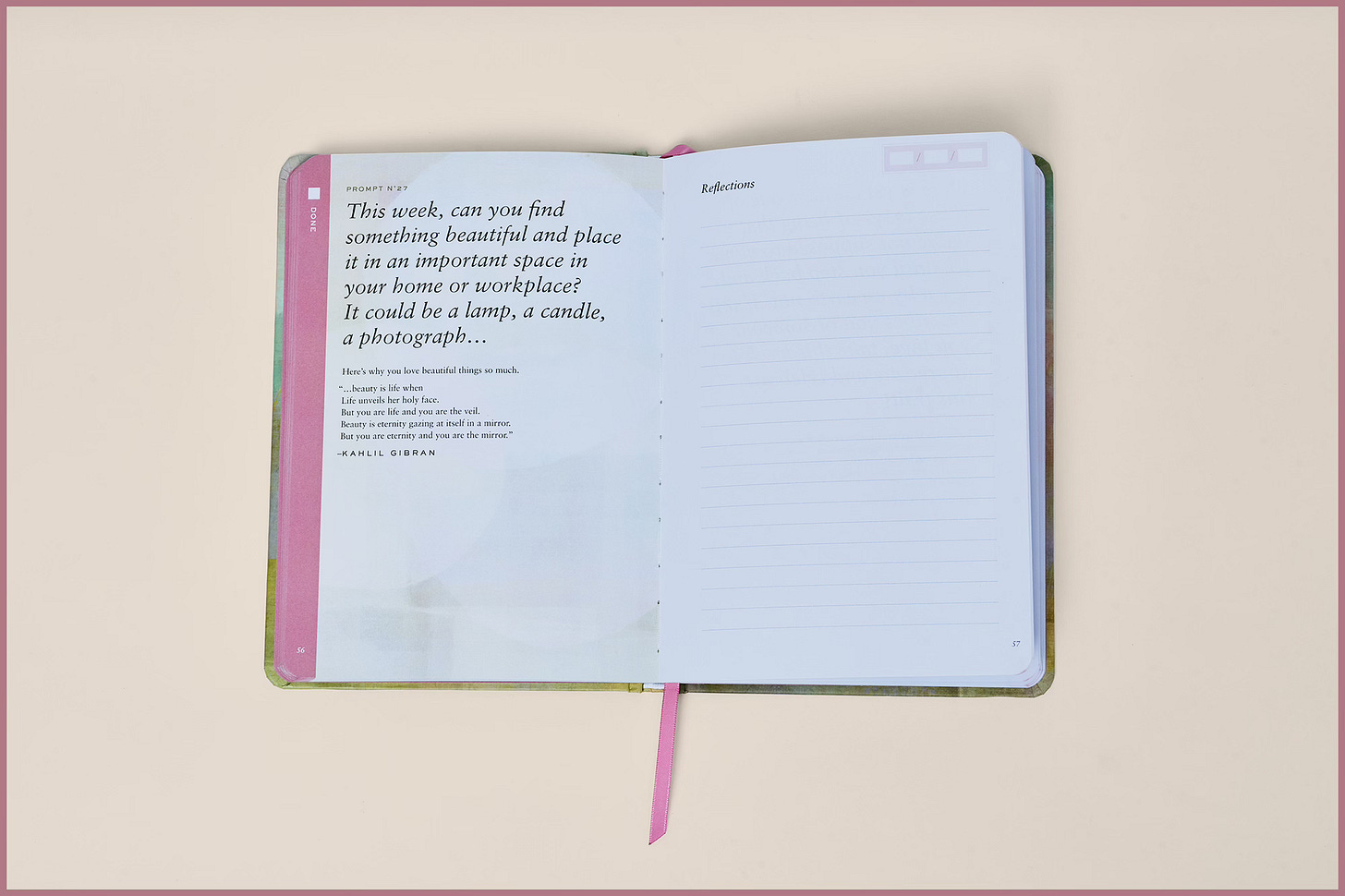How to master your emotions: This Sunday is our Candlelight Chat with Ethan Kross, a world leader on emotions and the conscious mind
Plus, a sneak peek at a crucial chapter from Ethan's latest book
I am very happy to remind you that our next Candlelight Chat is THIS SUNDAY, at 1 pm ET, with special guest Ethan Kross, one of the world’s leading experts on controlling the conscious mind and managing emotions.
In addition to being a great mensch and friend, Ethan is an award-winning professor in the University of Michigan’s top-ranked Psychology Department and its Ross School of Business, and the director of the Emotion & Self Control Laboratory. We’ll be talking about his latest bestselling book, SHIFT, a guide to mastering your emotions.
*
Topics we’ll discuss:
*The 3000 year old clay tablets in present day Syria and Iraq that describe the pain of anxiety, depression, and heartbreak;
*How negative emotions, like anxiety, can be beneficial;
*Why we should be skeptical of advice to live in the present;
*and much more.
As usual, Ethan and I will chat for a while, and then you’ll have a chance to ask your own questions.
For now, please mark your calendars; we’ll send out log-in and other info to all our scholarship and paid members on Saturday, the day before the event.
And - whether or not you can attend the event, below is an exclusive excerpt from Ethan’s book - on the “scientific proof” of a principle that most of us here have long known: kindness is not weakness.
But first! Please also mark your calendars for our Candlelight Chat for May, which will be on Sunday May 4. We’re hosting Annaka Harris, The NY Times bestselling author and host of LIGHTS ON, a dazzling new audio series on the mysteries of consciousness. We’ll be talking about consciousness generally — what is it? Is consciousness a fundamental building block of the universe, like gravity? Can AI ever truly replicate the subjective experience of being conscious? And how does understanding consciousness change our own lives?
I’m very excited to bring these amazing people to you—and you, to them.
And I hope you can join us,
xoxo Susan
*
If you’d like to share news of these events with a friend, or subscribe to the Quiet Life and join us for these Candlelight Chats (plus, receive all our Kindred Letters, and, for annual members, a copy of the Quiet Life Journal), you can do that here:
And now, here’s a sneak peek from Ethan’s book - on proof that kindness is not weakness.
“Scientists and philosophers have long described people as selfish, increasingly concerned with privileging their own desires over the needs of others.
But when you really think about it, as long as we have been living in groups, well before the advent of money, we have been caring for each other—even when it is not socially required or even recommended. Sometimes we choose to relinquish our own resources, and risk ourselves to help others. News stories abound telling of people rescued by their neighbors during natural disasters like floods and wildfires, Good Samaritans who showed up in kayaks or via ATVs to get people out or bring them supplies. Why do so many people go beyond simple gestures like giving five dollars to a stranger and put themselves on the line to help other people?
Because sometimes, giving is actually in our own self-interest. When we perform acts of care, we are strengthening social bonds and increasing the likelihood that we too will be helped in the future. And because kindness is a perceived social good, when we perform it we gain status (giving makes you look good), which helps us find and keep friends and partners in our social circles. For all these reasons, when we help others, we feel happy. Evolution gifted us a squirt of joy each time we pitch in because, ultimately, it helps us perpetuate the species.
Study after study backs up the phenomenon of feeling better by doing good for others. In one meta-analysis on the effects of performing kind acts that included 27 experiments and over 4,000 people, researchers found that doing nice things for other people significantly enhanced how good they felt and were as effective as other interventions like practicing mindfulness and gratitude. These effects are true for people regardless of age, gender, or life circumstance. You don’t need to volunteer at the soup kitchen or start a philanthropy to tap into the emotional benefits of helping others (although those are great things to do!). It’s as simple as recognizing when you could use an emotional lift and looking around to see who is nearby. Let’s say your partner has a short fuse and seems prickly. You might get frustrated yourself that they’re taking it out on you—or you might notice they have a packed schedule and decide to take lunch-making duties off their plate. There’s a mood-boosting benefit for both of you. Or perhaps your elderly neighbor has seemed down, depressed, and reclusive lately; you look outside and see that their lawn is overgrown and untended, so you go over and mow it the next time you do yours and derive a sense of satisfaction knowing you made their day just a little better. In making these small gestures we are taking part in a millennia-old tradition of mutualism; the idea that we benefit from relying on each other, which offers a sense of belonging and purpose that shifts emotions in its own right.”
*
As always, your thoughts, please!
*Do you feel there tends to be an association between kindness and weakness?
*Do you ever have trouble managing your emotions?
*Which positive and negative emotions do you most regularly experience?





He mentions a few reasons why people are kind, but there is one he didn’t. Having lived life, we know what it is to hurt, and having experienced this, having felt it, we don’t want someone else to hurt. I think this is a big one.
I do think that kindness is powerful, not weak. Also, I think that sometimes, even without the reward of future help, status, happiness, or sense of satisfaction, we are kind simply to lessen the suffering of another. No accolades. And, ALL kindness is healing, reward or not.